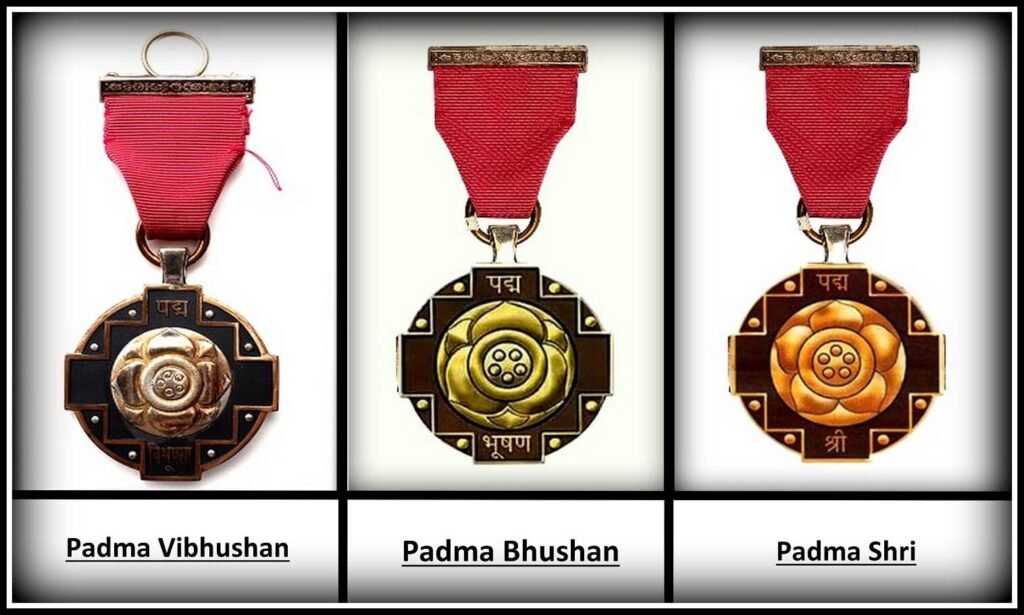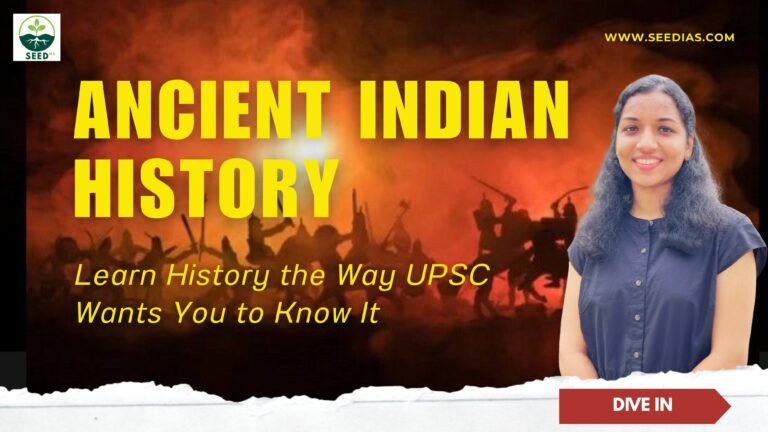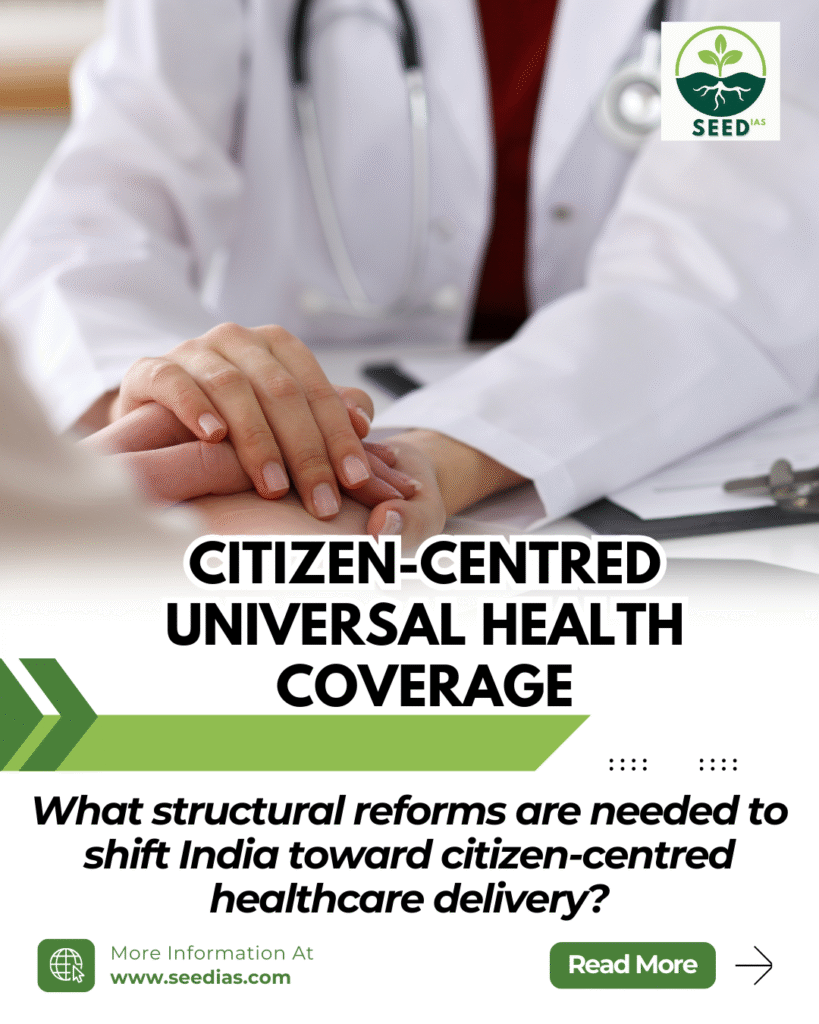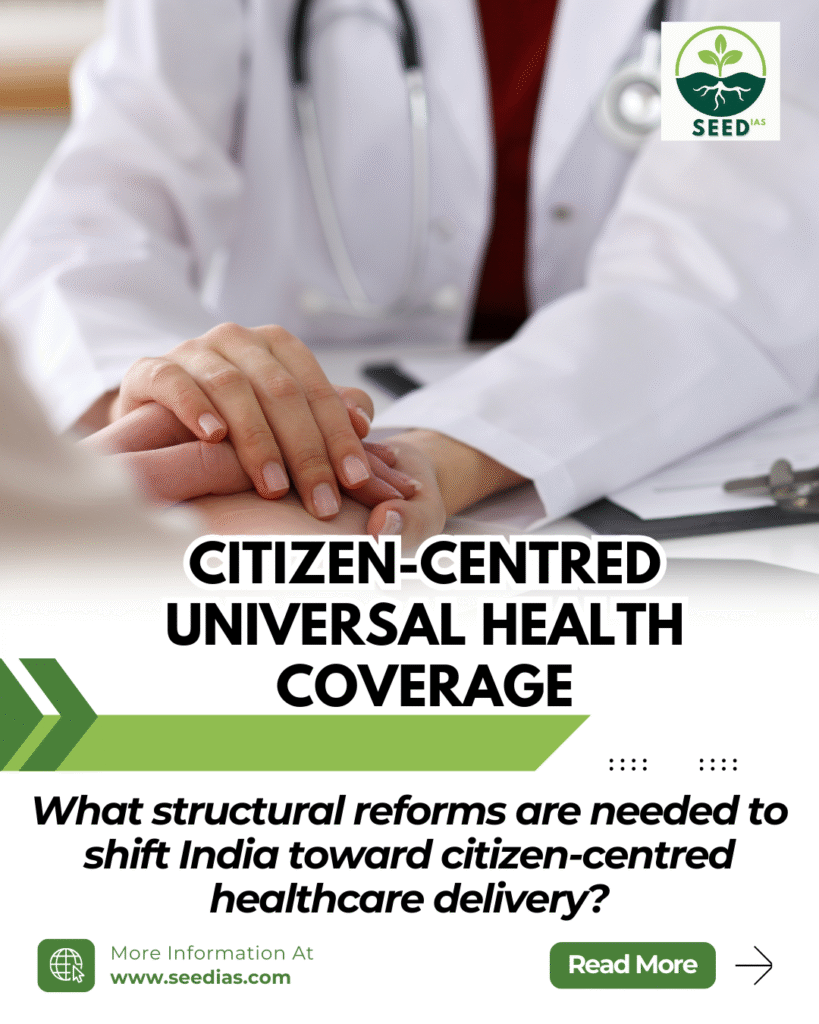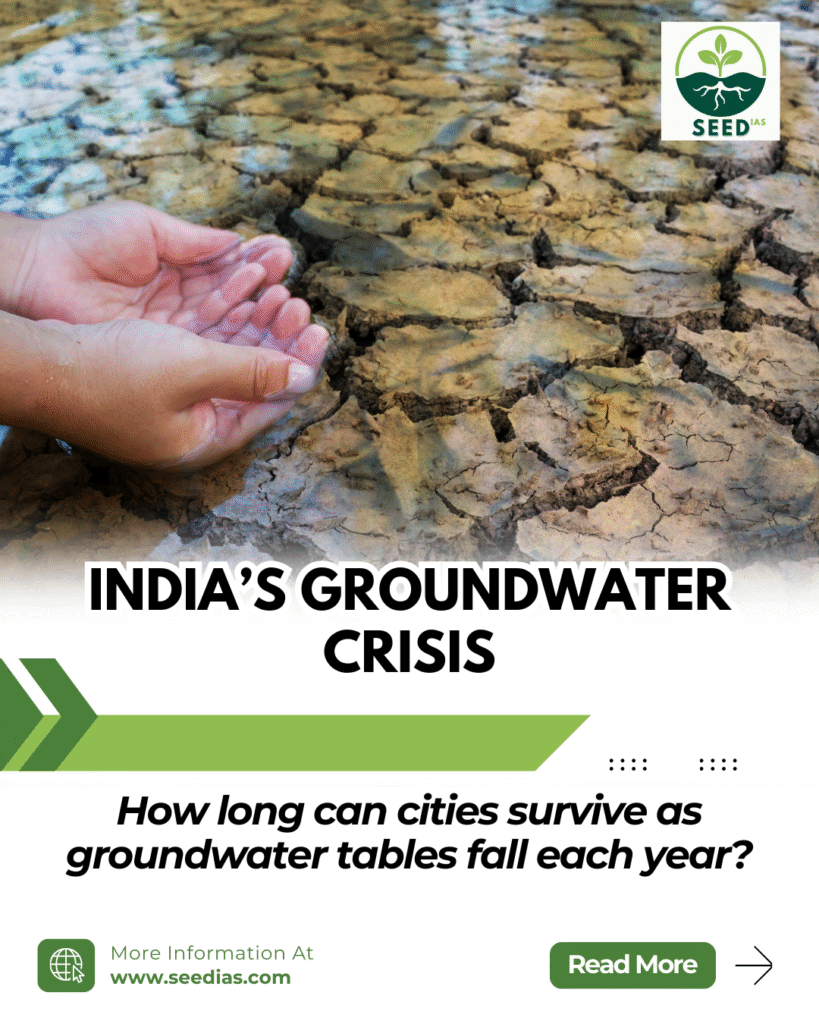Why in News?
The President of India presented the Padma Vibhushan, Padma Bhushan, and Padma Shri Awards for 2025 to 139 distinguished individuals, whose names were announced on the eve of the 76th Republic Day.
| Aspect | Details |
|---|---|
| About Padma Awards | Instituted in 1954; among India’s highest civilian honours; announced annually on Republic Day (26th January); honour excellence in public service. |
| Categories | – Padma Vibhushan: Exceptional and distinguished service – Padma Bhushan: Distinguished service of high order – Padma Shri: Distinguished service |
| Hierarchy | Padma Vibhushan (highest), followed by Padma Bhushan, then Padma Shri. |
| Presentation & Recognition | Conferred by the President in March/April; recipients receive a Sanad, medallion, and replica for ceremonial use. |
| Disciplines Covered | Art, social work, public affairs, science & engineering, trade & industry, medicine, literature & education, sports, civil service, and more. |
| Eligibility | Open to all regardless of race, occupation, position, or sex; since 2014, includes “unsung heroes” (People’s Padma); 30 such individuals honoured in 2025. |
| Jury Composition | Committee appointed by PM; chaired by Cabinet Secretary; includes Home Secretary, Secretary to President, and 4-6 eminent members; final approval by PM & President. |
| Limitations | Generally not given posthumously; higher category awards only after 5 years unless exception; not a title (cannot prefix/suffix name); max 120 awards/year (excl. NRIs, foreigners, posthumous). No awards given in 1978, 1979, 1993-1997. |
| Constitutional Aspect | Article 18(1) abolishes state-conferred titles except military/academic; Bharat Ratna, Padma awards exempt; Balaji Raghavan v. Union of India (1996) ruled awards are not titles. |
Prelims Questions
1. With reference to the Padma Awards, consider the following statements:
- They were instituted in the year 1954.
- Padma Shri is the highest civilian award among the three Padma categories.
- The awards are not conferred posthumously under any circumstance.
Which of the statements given above is/are correct?
A. 1 only
B. 1 and 2 only
C. 1 and 3 only
D. 1, 2 and 3
Answer: A
2. Which of the following statements is correct regarding the eligibility for Padma Awards?
A. Only Indian citizens are eligible for Padma Awards.
B. Persons of all nationalities, except those with political backgrounds, are eligible.
C. All persons without distinction of race, occupation, position or sex are eligible.
D. Only government employees are eligible for Padma Awards.
Answer: C
3. Article 18(1) of the Indian Constitution is related to:
A. The right to equality before law.
B. The prohibition of titles by the state.
C. The protection of cultural and educational rights.
D. The freedom of profession and occupation.
Answer: B

